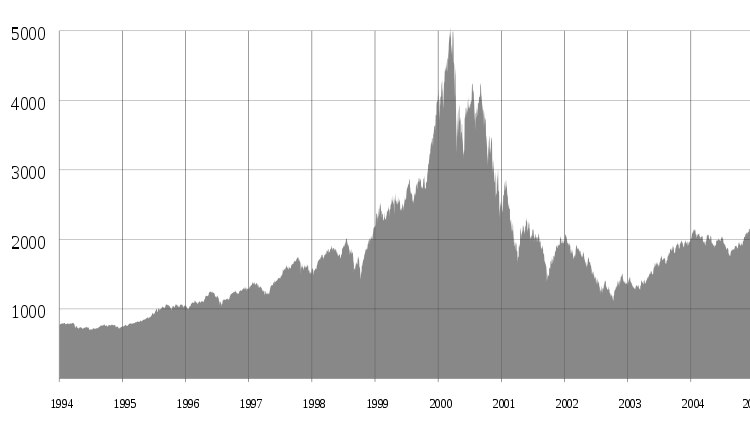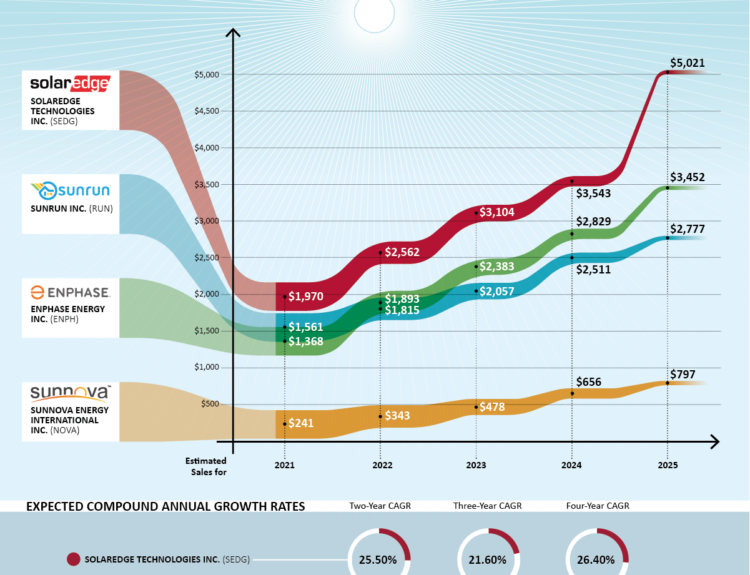Traditional retirement is no longer the norm as more people choose to work and follow their passions in retirement
- Two-thirds of survey respondents want to work for enjoyment in retirement
- Phased retirement is becoming more popular
- Gen Z and Millennials are less interested in traditional retirement
- Working in retirement can contribute to retirement savings
- COVID-19 pandemic has made people more focused on personal passions in retirement
- Concerns remain about saving for retirement
- Inflation, consumer debt, and building emergency savings are barriers to retirement savings goals
- All generations wish they had started planning for retirement earlier
- Most respondents want to retire while still healthy and active
- Different generations have different factors influencing their retirement decisions
The idea of retiring at 65 and spending days on the golf course is no longer the dream for many people. According to a Fidelity Investments study, two-thirds of survey respondents want to work in retirement for the enjoyment of it. Phased retirement, where individuals work full-time at first and then transition to part-time before stopping altogether, is becoming more popular. This shift in retirement preferences is particularly evident among Gen Z and Millennials. These younger generations are less interested in the traditional retirement model and are instead encouraged by the rise of remote work. They are more likely to travel, relocate to scenic or abroad locations, or start their own businesses in retirement. Working in retirement not only provides enjoyment but also contributes to retirement savings. Essential expenses in retirement can be covered by Social Security or other guaranteed income sources, while discretionary expenses can be covered by savings or investment income. Working in retirement also allows for more flexibility with discretionary expenses and can free up money to pursue passions. The COVID-19 pandemic has further emphasized the importance of pursuing personal passions and dreams in retirement. Millennials, in particular, have become more focused on their personal goals. However, concerns about saving for retirement remain. Younger generations believe they will have a harder time saving for retirement due to the higher cost of living. Inflation, consumer debt, and building emergency savings are the main barriers to reaching retirement savings goals. Younger generations also face additional challenges such as student debt, saving for a home and wedding, and child care costs. Despite starting to plan for retirement at an early age, all generations wish they had started planning earlier. Most respondents want to retire while they are still healthy and active, with an average retirement age of 61 to 62. The right time to retire varies by generation, with Gen Z and Millennials citing becoming debt-free or reaching career goals as top factors, while baby boomers retire when they emotionally feel ready. Overall, the changing landscape of retirement reflects a shift towards phased retirement and pursuing personal passions. Traditional retirement is no longer the norm as more people choose to work and follow their passions in retirement.
Factuality Level: 3
Factuality Justification: The article provides information about changing trends in retirement preferences across different generations, citing a Fidelity Investments study. However, the article lacks depth and context, and it includes some generalizations without providing concrete data or examples to support the claims. The article also contains some biased language, such as portraying retirement as a ‘retired concept’ and making assumptions about different generations’ retirement plans without strong evidence.
Noise Level: 3
Noise Justification: The article provides relevant information about changing trends in retirement preferences across different generations, supported by data and quotes from experts. It also discusses challenges and concerns related to retirement planning. However, there is some repetition in the article, and the inclusion of information about companies calling workers back to the office seems somewhat tangential to the main topic.
Financial Relevance: Yes
Financial Markets Impacted: No
Presence Of Extreme Event: No
Nature Of Extreme Event: No
Impact Rating Of The Extreme Event: No
Rating Justification: This article discusses changing attitudes towards retirement and the desire to work during retirement. While it pertains to financial topics, it does not mention any specific financial markets or companies impacted. There is no mention of an extreme event.
Public Companies: Fidelity Investments (N/A), Bank of America Corp. (BAC), Goldman Sachs Group Inc. (GS), JPMorgan Chase & Co. (JPM), Citigroup Inc. (C)
Key People: Rita Assaf (Vice President of Retirement Products at Fidelity Investments)
Reported publicly:
 www.marketwatch.com
www.marketwatch.com 





